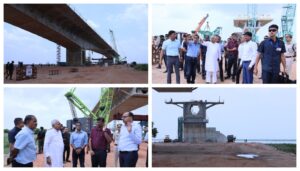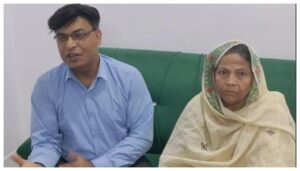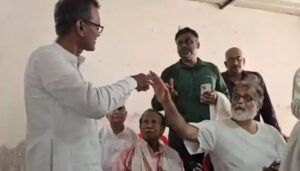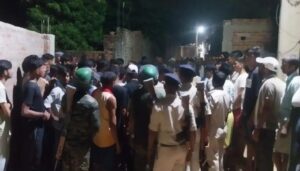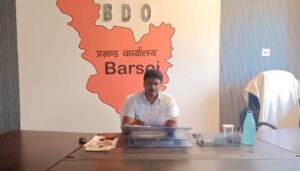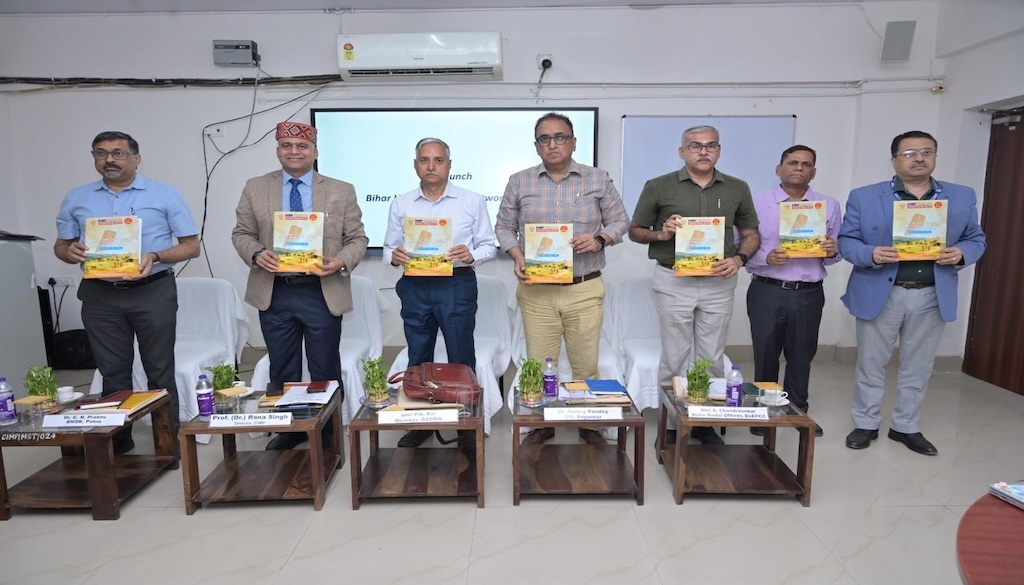
Patna: The Chandragupt Institute of Management Patna (CIMP), in collaboration with UNICEF Bihar, hosted a workshop titled “Heat and Health: Building Climate Resilience in Bihar”, focusing on strategies to tackle the rising threat of heatwaves and their health impacts across the state.
Held at the CIMP campus on Monday, the event brought together experts from government bodies, academia, and civil society to discuss practical responses to increasing temperatures, particularly in vulnerable rural communities.
Dr C.N. Prabhu of Bihar Mausam Seva Kendra, Patna, opened the workshop by highlighting the progress Bihar has made toward heat resilience. He detailed awareness campaigns conducted among farmers and affected populations, and encouraged the public to use the Mausam app to access real-time weather data and five-day forecasts.
Sessions throughout the day explored innovations such as geo-intelligence, combining satellite and field-based data to improve heat surveillance systems. Special attention was given to the health impacts of extreme heat on infants and children, urging greater preventive measures.
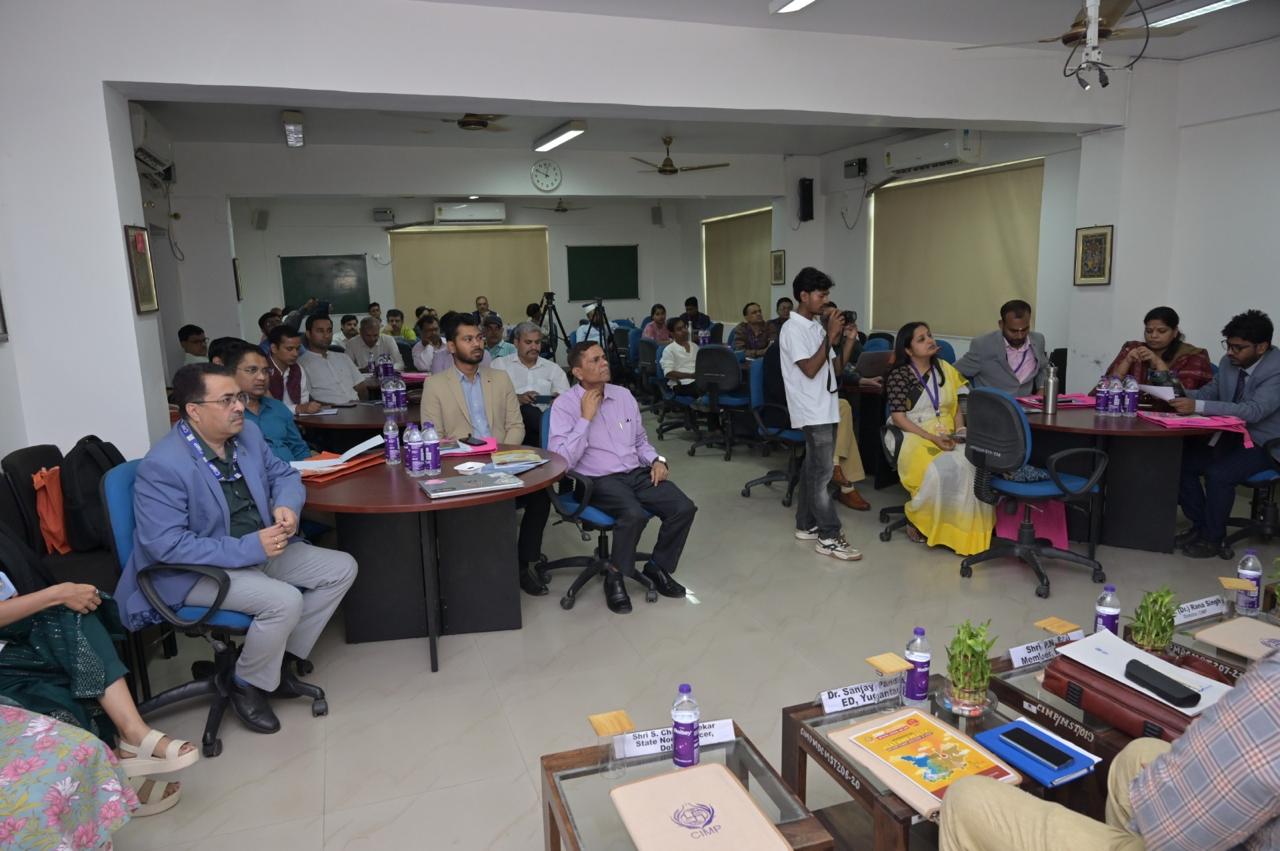
S. Chandrasekar, State Nodal Officer of the Department of Environment, Forest and Climate Change (DoEFCC), underscored the importance of the Jal Jeevan Hariyali Mission, a flagship initiative promoting sustainable water and greening projects. He stressed that interdepartmental coordination was essential for building long-term resilience.
BSDMA member and chief guest, P.N. Rai, called on young people to take active roles in climate action. He emphasised the need for efficient data management and timely dissemination of early warnings, especially in rural areas where the impacts are most severe.
Professor Sunil Kumar of CIMP warned of the acute impact of heatwaves on Bihar’s agriculture-dependent economy, citing increased health risks, stress on MSMEs, and threats to livelihoods. He also raised concerns about rising air conditioner usage and its feedback effect on climate.
Speakers collectively expressed frustration over the lack of global financial support, and urged the development of locally driven, climate-resilient practices. Key tools discussed included the Indravajra lightning alert system, the Bihar Mausam App, and the Sachet early warning platform.
Prof (Dr) Rana Singh, Director of CIMP, felicitated the panelists, while Kumod Kumar, Chief Administrative Officer of CIMP, offered a formal vote of thanks, reaffirming the institute’s commitment to fostering collaborative climate solutions in Bihar.

